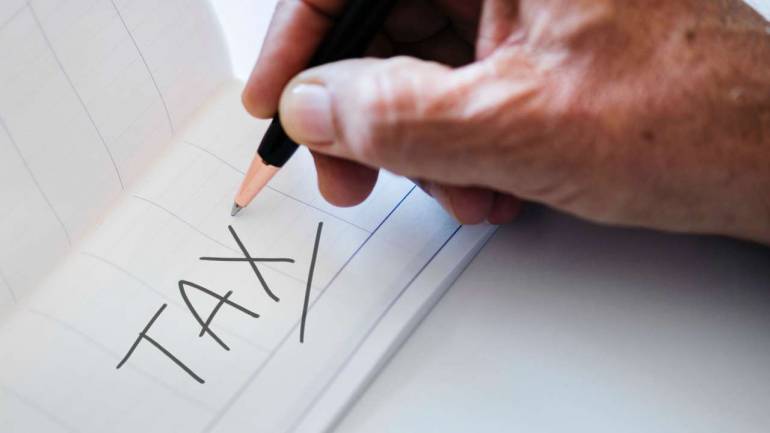The new government will present its first central budget in the first fortnight of July 2019.
The next thing that the people of India, who gave Narendra Modi his second full majority term, would be looking towards is reduced tax rates in the full budget.
The new government will present its first central budget in the first fortnight of July 2019. There are expectations that the government will announce its intent on reforming India’s complex income tax laws and rules and distill these into a simpler, contemporary code with fewer exemptions and tax slabs.
A task force headed by Akhilesh Ranjan, a member of the Central Board of Direct Taxes, the country’s topmost policy making body on income taxes, is expected to submit a report on a new direct taxes code by end of May, 2019.
The discussion on reforms pertaining to direct taxes started in September 2017, when the Prime Minister Narendra Modi said that more than half a century old Income Tax Act needs to be re-drafted and a new Direct Tax Code (DTC) needs to be introduced in ‘consonance with economic needs of the country’.
The government will shortly come with a new draft of the direct taxes code that will be put for public comments within a month for addressing the concerns of all stakeholders.
The erstwhile UPA government had finalised the DTC and had introduced the Bill in the Parliament in 2010. However, the Bill lapsed with the dissolution of the 15th Lok Sabha. It aimed at simplifying tax legislation, widening the tax base, while removing a number of exemptions.
The task force is in the process of drafting a direct tax legislation keeping in mind tax system prevalent in various countries, international best practices, economic needs of the country, among others.
Some of the provisions of the DTC such as General Anti-Avoidance Rule and Place of Effective Management have already been implemented.
A new DTC, among other things, could raise the income tax exemption limit from the existing Rs 3 lakhs to give more money in people’s hands. The resultant rise in spending will, in all likelihood, spur spending and eventually raise investment.
In the Interim Budget, the then stand-in finance minister Piyush Goyal had announced that individual taxpayers with an annual taxable income up to Rs 5 lakh would get a full tax rebate and would, therefore, not have to pay any income tax.
In its manifesto too, the party reiterated that it would continue to strive to ensure reduced tax rates.Get Lok Sabha 2019 Live Election Results, constituency-wise tally, news, views and analysis
Follow our Lok Sabha Election Result Live Blog here.



















